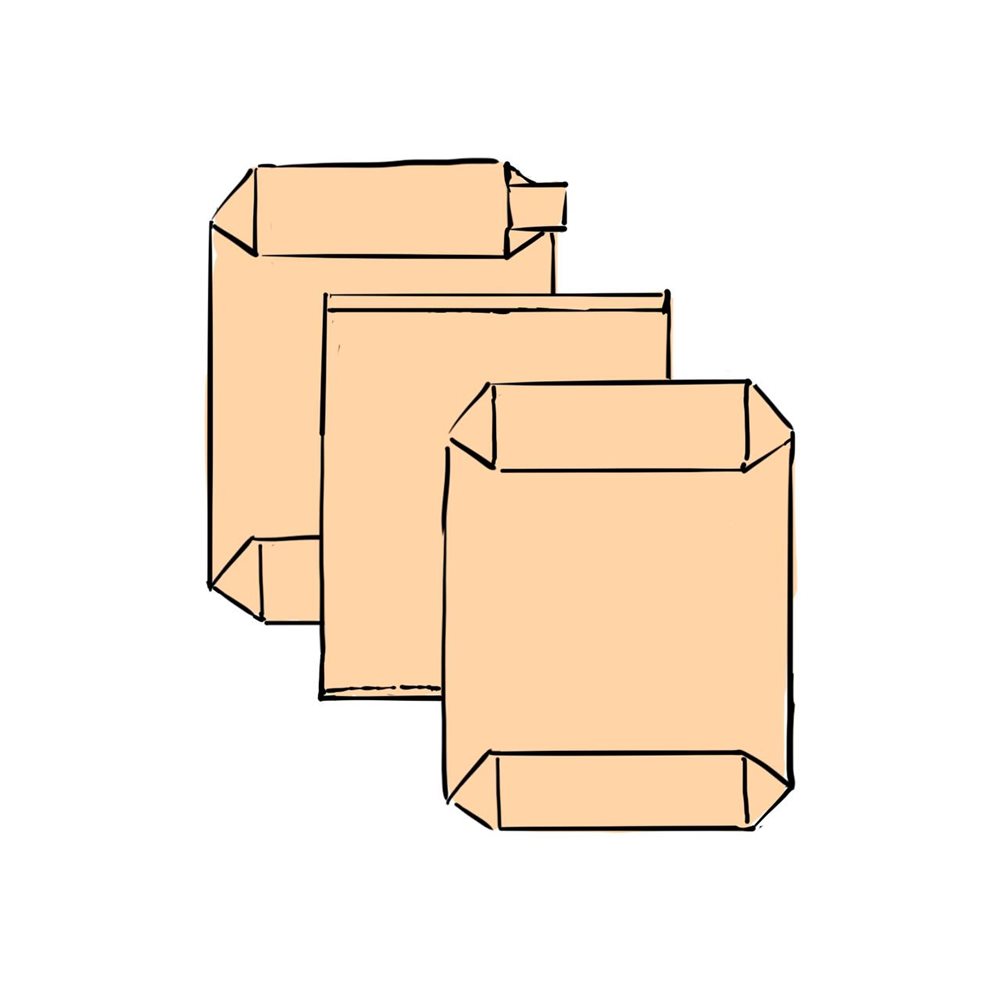Micro-Perforated Layer

Industrial bags with micro-perforation technology represent a significant advancement in packaging, playing a crucial role in preserving quality and extending the shelf life of products. This technology uses advanced processes to create very fine, uniform holes on the bag's surface. These holes, much smaller than those in standard packaging, are designed to control air and moisture exchange without compromising the packaging's quality or hygiene.
This feature is particularly important for products sensitive to moisture and temperature fluctuations, such as food, agricultural products, and pharmaceuticals. For instance, in packaging food items like grains, flour, coffee, and dried fruits, precise moisture control within the packaging is vital. Excess moisture can cause spoilage or quality loss, while insufficient moisture can lead to drying or texture changes. Micro-perforation technology effectively addresses these issues by regulating moisture and air exchange.
Another advantage of this technology is the reduction in the likelihood of mold or microbial contamination inside the packaging. By finely tuning the internal environmental conditions through micro-holes, the growth of harmful microorganisms is minimized. This is especially critical for sensitive and pharmaceutical products requiring sterile and controlled environments. Enhanced control improves product quality and safety and extends their shelf life.
Additionally, micro-perforation technology allows for more precise control of temperature and pressure inside the packaging. This capability is particularly useful in the long-term transport and storage of products sensitive to temperature and pressure changes, preventing sudden shifts and potential damage. This, in turn, reduces waste and product loss.
Kraft bags equipped with micro-perforation technology are a prime example of combining efficiency, safety, and environmental protection in modern packaging. This technology not only improves product quality and longevity but also enhances supply chain efficiency by reducing waste. Ultimately, using these bags contributes to cost reduction and increased sustainability in packaging and distribution processes, addressing today's environmental concerns.


